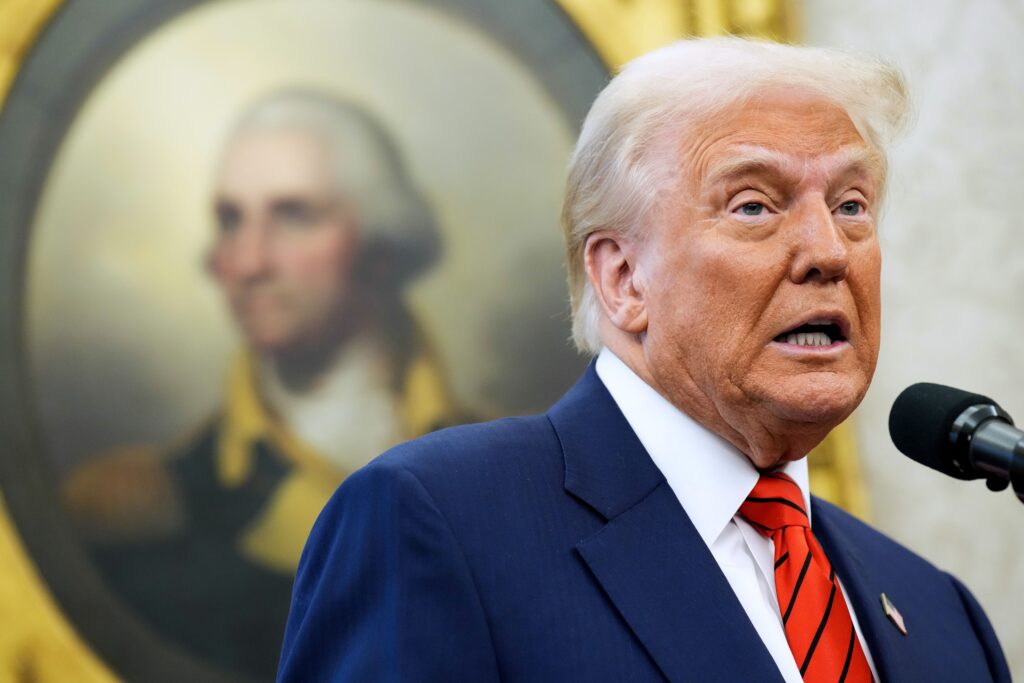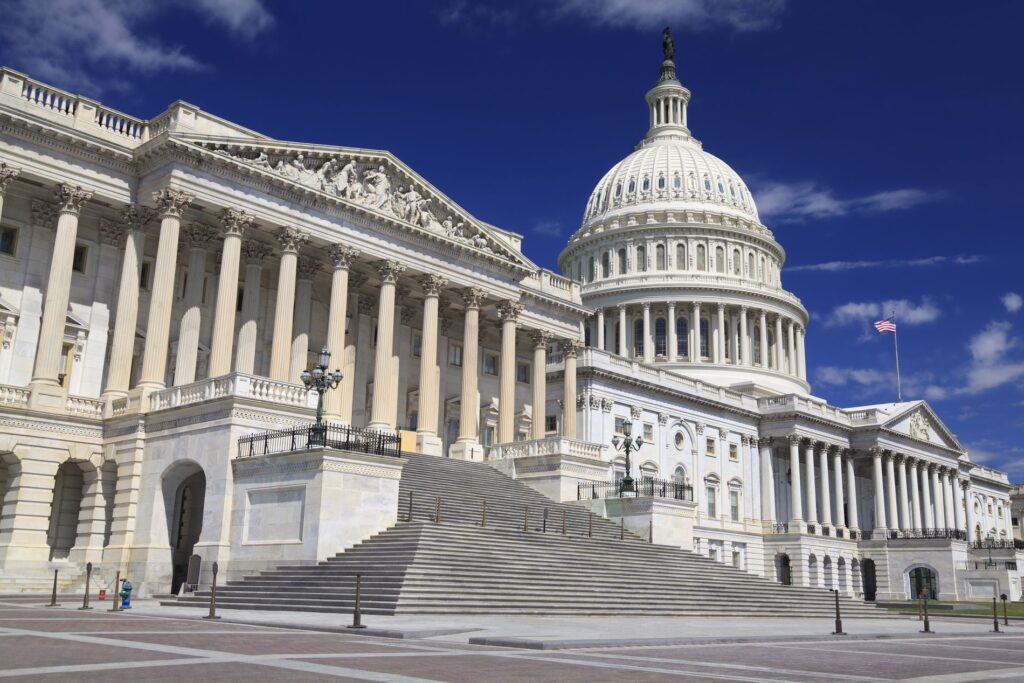The idea of the U.S. government acquiring Bitcoin (BTC) and potentially other cryptocurrencies may seem appealing to many in the crypto community. After all, it could signify a recognition of these assets as global financial instruments of importance. However, I find myself among a minority who view this potential policy development as detrimental to both Bitcoin and the U.S. government. Here are eight reasons why I believe a strategic crypto reserve is not the right move.
Understanding the Risks of Executive Action
If proponents of Bitcoin desire a sustainable reserve, it is crucial for the government to seek Congressional authorization for any significant purchase, as is standard practice for large expenditures. Relying solely on executive action poses a risk; future administrations may easily reverse such decisions, potentially causing market instability. If Bitcoin enthusiasts genuinely believe that government ownership of Bitcoin would be beneficial in the long run, they should advocate for a legislative framework to secure this reserve rather than depending on unilateral executive decisions.
The desire for an immediate impact, such as a short-term price spike, illustrates that some Bitcoin supporters may not be genuinely committed to the long-term vision of a crypto reserve. A future administration may quickly divest any crypto assets acquired by the current government, undermining any supposed benefits.
Implications for the Global Reserve Currency
As the issuer of the world’s reserve currency, the United States must tread carefully when considering the creation of a Crypto Reserve. The positioning of such a reserve—whether as an investment fund or a foundational element of a new monetary system—remains unclear. If seen as a backing for the dollar, the move could instill uncertainty in both dollar and Treasury markets. This would signal a lack of confidence in the existing dollar system, potentially leading to rising interest rates and fears of U.S. debt default.
Instead of exploring uncharted territories with cryptocurrency, the government should focus on reinforcing investors’ trust in its fiscal policies. Many in the Bitcoin community may advocate for the collapse of the dollar, which I view as a reckless financial gamble. Cryptocurrency is not yet prepared to serve as a reliable basis for a new monetary standard.
Existing Exposure and Tax Revenue
The U.S. already has substantial exposure to Bitcoin, with American investors holding more of the cryptocurrency than those in any other country. This situation benefits the government, as gains from Bitcoin sales generate significant tax revenue. By prioritizing government acquisition of cryptocurrencies, we risk unnecessary confrontations over assets that are already contributing to the economy.
No one is pushing for U.S. government investment in major tech companies like Apple or NVIDIA; why target Bitcoin specifically?
Defining Strategic Reserves
Strategic reserves typically consist of essential commodities that are stockpiled in anticipation of emergencies, such as oil or medical supplies. These reserves serve clear purposes and are vital for national security. However, Bitcoin does not fit this category. The average citizen does not require a government-backed supply of Bitcoin to maintain their quality of life.
While one might argue for Bitcoin’s significance in a future blockchain-driven economy, the current landscape does not necessitate a government crypto reserve. The only perceived strategic value in holding Bitcoin would be to speculate on its future value—something that could be accomplished with a variety of financial assets.
Preserving Bitcoin’s Unique Value Proposition
Incorporating Bitcoin into a broader crypto reserve alongside competing assets like Ethereum and Cardano could dilute Bitcoin’s distinct value. Bitcoin stands out due to its predictable supply and true decentralization. Mixing it with other cryptocurrencies could confuse public perception, undermining Bitcoin’s position as the premier digital asset. Advocates of Bitcoin should champion a clear stance: either support Bitcoin alone or reject the idea of a crypto reserve altogether.
A Call for Independence from Government Influence
The early libertarian ethos of Bitcoin advocates emphasized independence from governmental oversight. Today, the push for a government-backed Bitcoin raises questions about the movement’s ideological integrity. Bitcoin has flourished as one of the most successful investment vehicles, achieving remarkable growth without government intervention. A Crypto Reserve could compromise Bitcoin’s status as an apolitical asset, subjecting it to the whims of political agendas.
Potential Backlash Against the Crypto Community
A significant portion of the American population remains uninformed or uninterested in cryptocurrencies, with only a small fraction owning Bitcoin or other digital assets. The idea of using taxpayer funds to support crypto prices could provoke widespread public discontent, particularly in a climate where government spending is scrutinized. The crypto community, being relatively small, would likely face backlash from those who perceive this policy as unfair.
Perceptions of Self-Interest and Corruption
The financial ties between Trump and various crypto assets raise concerns about potential conflicts of interest. The former president’s connections to NFT projects and memecoins suggest that a proposed Crypto Reserve could benefit him and his associates more than the general public. Instead of pushing for a government-backed reserve, the crypto industry would be better served by advocating for reasonable regulations that allow for fair participation in the market.
In conclusion, the establishment of a strategic crypto reserve raises numerous concerns, from potential market instability to the dilution of Bitcoin’s unique value. By prioritizing sound policy and maintaining independence from government influence, the crypto community can work towards a sustainable and prosperous future.



